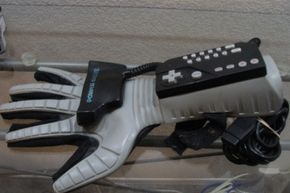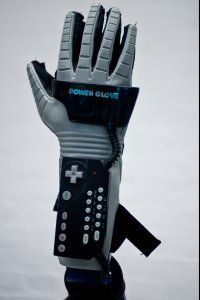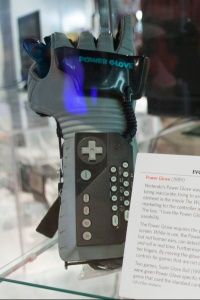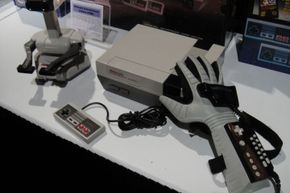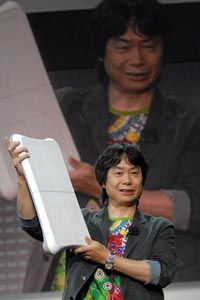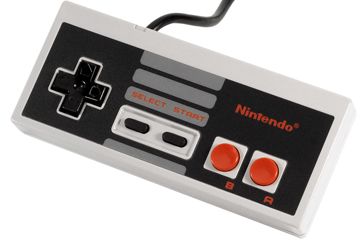"I love the Power Glove. It's so bad!" So says the antagonist Lucas Barton, as he shows off his Power Glove to awestruck bystanders during a scene in the 1989 kid flick "The Wizard." In 1980s slang, bad meant good, but in hindsight and without '80s context, his words might now be taken more literally.
The Power Glove was, in short, a virtual reality glove meant to be used as a motion-activated controller with the Nintendo Entertainment System (NES). The idea was that this amazing glove would detect wrist tilt and finger wiggles to dictate onscreen action.
Advertisement
In the movie, Barton used the Power Glove to steer his way through a game called "Rad Racer." The movie was less of a cinematic masterpiece and more of a lengthy promotional spot for the glove (and a bevy of other products). But what it lacked in artistic value, it made up for in marketing power.
The same went for the glove's spotty functionality. The Power Glove has, shall we say, a checkered legacy.
The Power Glove was awesome. The Power Glove was also horrible. It was a glimpse into the future of video gaming. It was also an exasperating exercise in the misapplication of technology. Kids clamored for the Power Glove; their parents grimaced and acquiesced. And after kids actually tried having fun with the object of their gaming desire, they were the ones left wishing they'd never seen this technological abomination.
It was a gaming disaster and infamous geek cultural icon. Such is the epitaph for a device that looked fun but actually made your life hell. The innovative glove grossed nearly $90 million, but somehow wound up as a financial flop.
There were many add-on accessories for the NES. The most famous and widely used was probably the Zapper, a pistol that made possible popular titles such as "Duck Hunt." There was also the Power Pad, which you used for games that involved running and jumping. There was even the R.O.B. (Robotic Operating Buddy), a small robot that worked with Nintendo's Robot Series games.
And then there was the Power Glove. On its futuristic surface, it seemed like a great idea. It foresaw an era in which natural body movements controlled game action instead of a handheld controller. But it would go on to become one of the most despised (and now collectible) controllers ever.
Advertisement
